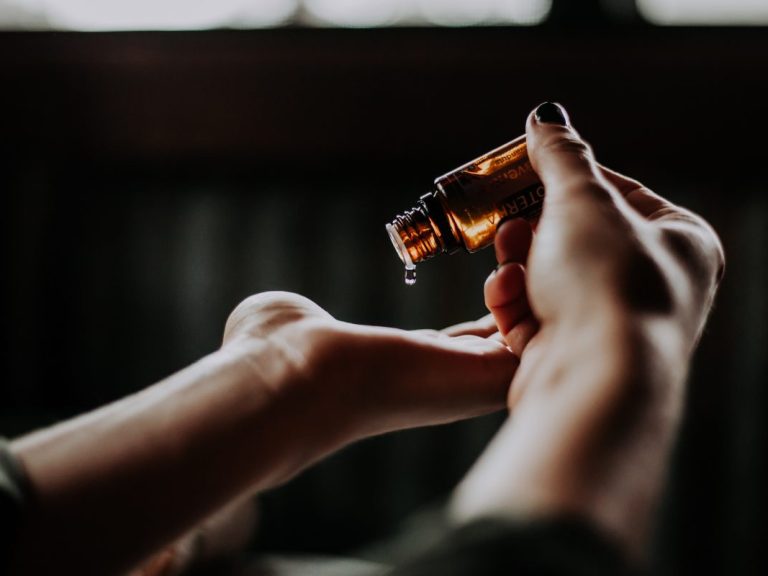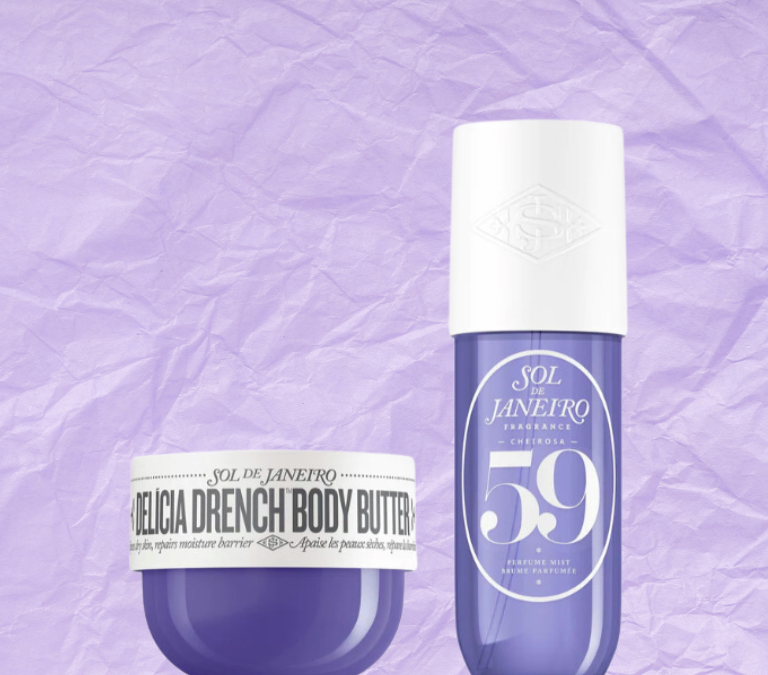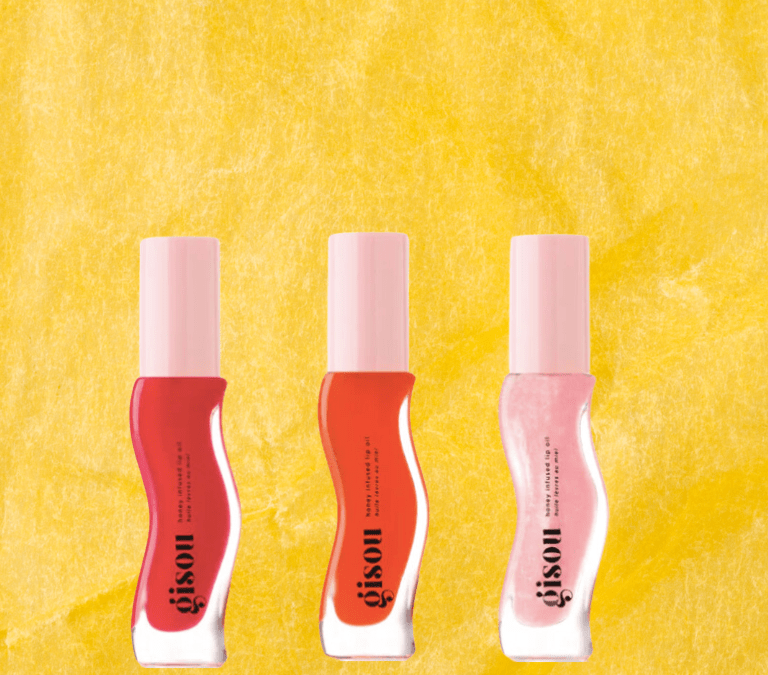By Jacqueline Samaroo
The Oil Cleansing Method (OCM) has been making waves in the skincare world. It is touted to work on oily skin, dry skin and everything in between. But, will it work for YOUR skin? Read on to learn about the OCM and whether it could be the right choice for you!
What Is The Oil Cleansing Method?
Oil cleansing is the use of nourishing oils to remove dirt, dead skin cells, makeup, and excess sebum (an oily substance produced by skin glands) from the skin.
Two of the most popular oils used in the OCM are castor oil and olive oil. That’s because castor oil has astringent and antibacterial properties while olive oil moisturizes, hydrates, and nourishes the skin with vitamins and antioxidants.
The steps in the OCM are really simple:
- The oil mixture is gently massaged into the skin for a minute or two.
- 2. A warm, damp cloth is then used to remove the oil.
- Rinsing or applying moisturizer after the OCM are both optional (but we highly recommend it)
Many people are pleasantly surprised to find that their skin is not oily after an oil cleanse – just healthy-looking and supple.
Is Oil Cleansing for You?
Basically, there are oil cleansing formulas for virtually every type of skin!
The proportions of the oils will vary, however, according to specific skin needs. Generally, more castor oil is used for oily skin, while a higher concentration of olive oil is used for dry skin. People who have adverse reactions to one or both of these oils can use substitute oils, such as sunflower oil instead of olive oil and hazelnut oil instead of castor oil. Argan oil is another popular option.
A wide variety of other oils may also be added to the castor oil-olive oil mix, depending on your skin type. These include apricot and avocado oils for dry skin, jojoba and grapeseed oils for acne-prone skin, and sweet almond and grapeseed oils for oily skin. Calming oils, like rosemary, work well with sensitive skin.
It’s best to use good-quality cold-pressed, unrefined, virgin oils to get the most out of your oil cleansing skincare routine.
Precautions
As with anything else, there are precautions involved in oil cleansing which everyone should observe.
- If you are new to oil cleansing (or experimenting with different formulas), do a patch test first to see how your skin reacts to it.
- Persons with certain skin conditions, such as acne vulgaris, should contact their dermatologist before attempting an oil cleanse.
- Many persons add essential oils, such as lavender, to their formulas. Essential oils are highly concentrated and excess use can irritate the skin, so just 2 or 3 drops of each is usually quite sufficient.
Photo by Christin Hume on Unsplash




